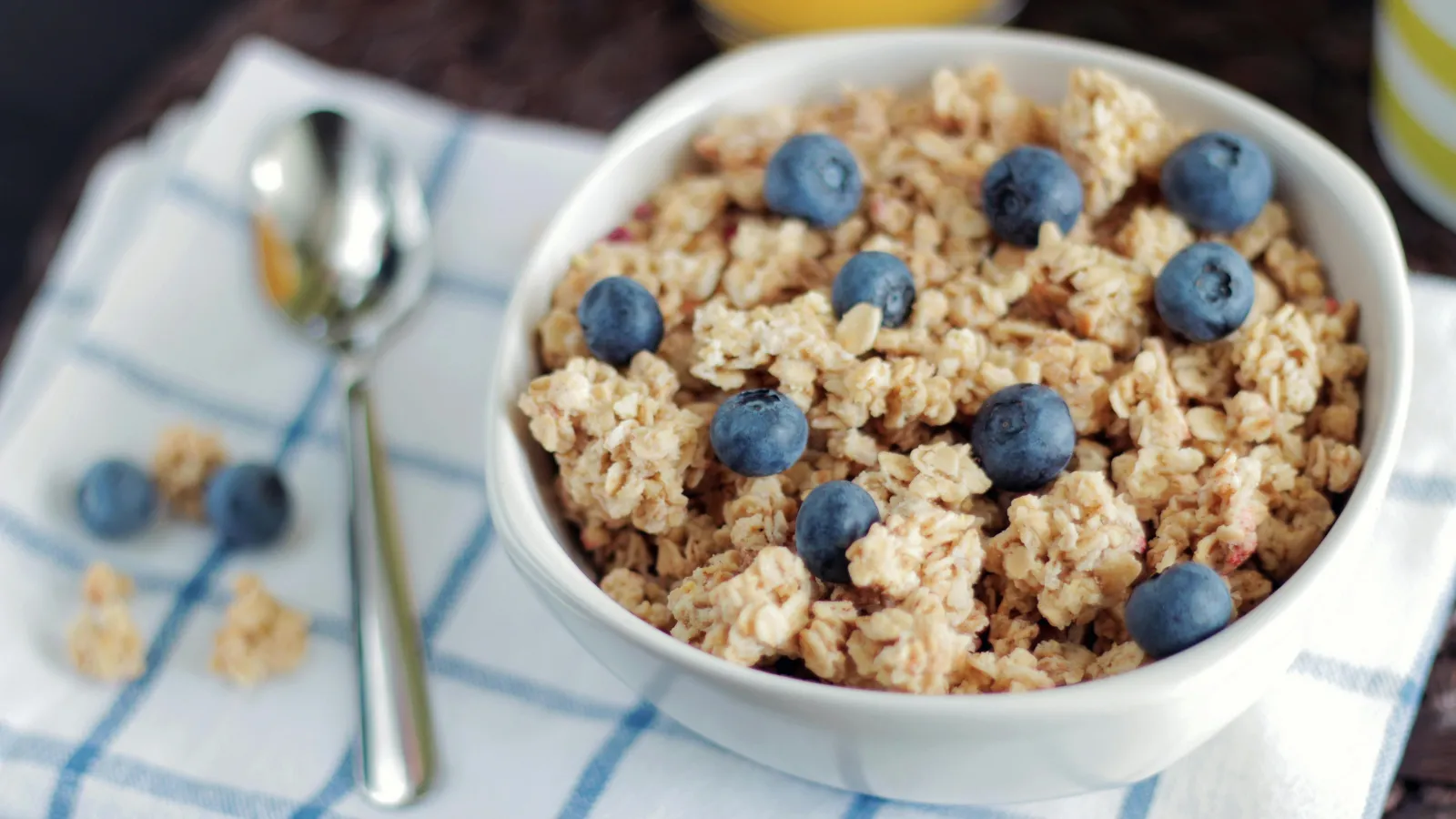
Race Week Nutrition: Fueling for Publix Atlanta Marathon Weekend
The hard training is done. Now it's time to taper and prepare your body for race day. That means fully stocking your muscles with glycogen, the storage form of carbs. Traditionally called carb loading, this strategy involves increasing your carb intake for three to five days leading up to your race.
Carb Loading
Runners should aim for 8 to 12 grams of carbs per kilogram of body weight per day. For a 150-pound (68 kg) runner, this equates to 540 to 800 grams of carbs daily.
Half marathon runners may want to target the lower end of the range, while marathoners should aim for the higher end.
If tracking isn't your style, shift your focus to making carbs the centerpiece of your meals. Simple ways to increase intake include:
- Doubling portions of rice, potatoes, or pasta
- Choosing carb-rich snacks like pretzels, raisins, fig cookies and graham crackers
- Opting for carb-based drinks like juice and sports drinks
Race Week Meal Ideas
Breakfast:
- 2 cups of oatmeal made with milk, topped with nuts and raisins
- Bagel with peanut butter, banana slices, and glass of orange juice
Lunch:
- Turkey sandwich on two slices bread, lettuce and tomato plus side of pretzels and/or grapes
- Black bean burger on bun with lettuce and tomato and side of sweet potato fries
Dinner:
- 2 cups spaghetti with meatballs, tomato sauce, and broccoli
- Stir fry with 2 cups rice, chicken or tofu, and mixed veggies
The Night Before the Race
The goal of your pre-race dinner is to fully load your muscles with glycogen. Prioritize carbs, keep it low fat and low fiber to minimize digestive issues, and include a moderate amount of protein. Most importantly-stick to familiar foods that you have tested during training to avoid race-day stomach issues.
Hydration is key, especially if the conditions are expected to be hot and humid. Add electrolytes to your water or salt your foods more heavily.
Race Morning
This is your final opportunity to top off glycogen stores. Follow the same guidelines as dinner:
- Prioritize carbs
- Limit fat and fiber
- Include moderate protein
- Stick to familiar foods
Pre-race carb recommendations range from 1 to 4 grams of carbs per kg body weight depending on the amount of time between when you eat and the start of your race. For a 150 lb (68 kg) runner, that ranges from 70 grams, 1 hour prior (a Clif Bar and a banana) to 270 grams, 4 hours prior (a bagel with peanut butter, 4 tablespoons jelly, a banana, 1 cup yogurt with ½ cup granola, and 12 ounces of orange juice.) Adjust the math based on your weight and preferred timing.
If you choose to eat breakfast earlier, consider topping off carb stores with a gel, graham cracker or sports drink in the corral.
During the Race
To stay energized and avoid hitting the wall, aim for 30 to 60 grams of carbs per hour (up to 90 grams per hour depending on the fuel source). This can come from sports products like gels and chews, liquids, whole foods or even candy- just make sure to practice with the fuel you plan to use on race day during training.
Fueling for endurance running is based on time, so the longer you are out there, the more fuel you need.
General guidelines:
- 2-hour half-marathoners should take in 2 to 3 gels or carb equivalents.
- 4-hour marathoners need the carb equivalent of 5 to 7 gels.
Take in fuel every 30 to 45 minutes, and start earlier than you think you need to.
Post-Race Recovery: Refuel & Rehydrate
The sooner you refuel and rehydrate, the better you will recover. Take advantage of any beverages and snacks available at the finish line and then eat a full meal within a few hours. Your post-race meal should include carbs to replenish glycogen stores, protein for muscle repair and fluids to replace sweat losses.
If you're heading to brunch, opt for an omelet with a side of toast and a glass of OJ. If you're ready for lunch, a burrito or pizza are great choices. Alcohol delays recovery, so save that beer until after you've eaten. Eat first, then celebrate!
Alissa is an Atlanta-based registered dietitian nutritionist, certified personal trainer and avid runner with over 10 years of experience helping people optimize their health and athletic performance through nutrition. Alissa offers virtual and in-person nutrition consultations, meal planning services and metabolic testing. Learn more at https://alissapalladinonutrition.squarespace.com or contact her at apalladinordn@gmail.com

